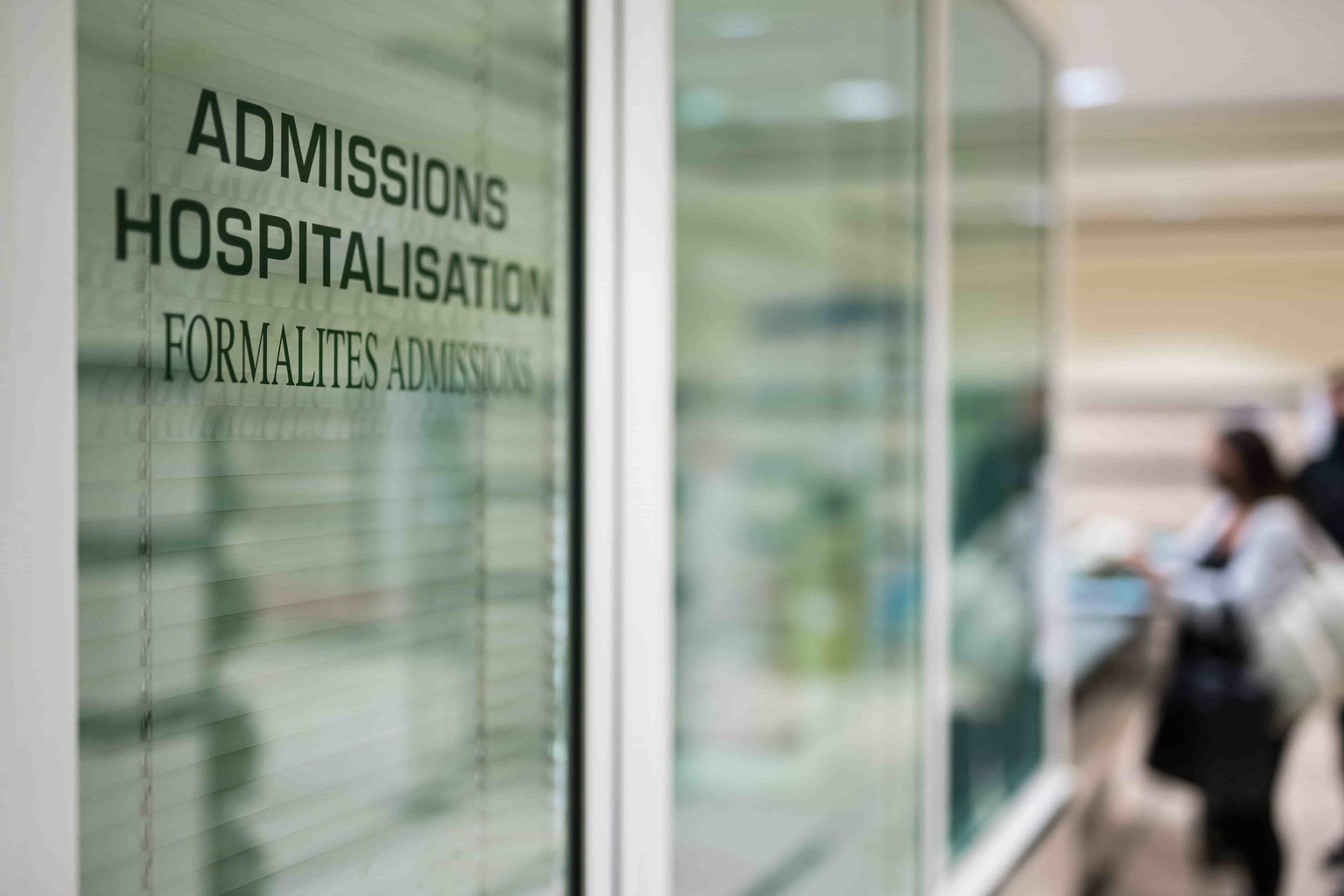
Go to the reception desk on the lower ground floor, on the date and at the time indicated on your hospitalization appointment issued by the doctor treating you.
The receptionist will direct you to the admissions office, where you will be called to prepare your admission file and to give you this welcome booklet.
Once your file has been prepared, a member of staff from the outpatients department will come to meet you, accompany you to your room and explain the usual formalities.
The doctor treating you will be informed of your arrival, and the paramedical staff will complete your care file and administer any medication prescribed by your doctor.
To ensure maximum confidentiality on the ward and for reasons of care organisation, only one accompanying person is authorised for adult patients, and two for minors.
In accordance with current regulations, you will be asked to pay certain fees. These are not reimbursed by the Assurance Maladie but may be covered by your mutual insurance company or supplementary health insurance. Ask your health insurance company for details. There are exemptions, particularly for people receiving complementary health insurance or state medical aid. You can find the full list of exemptions on the ameli.fr website.
Fixed hospital charge: €20 per day (including the day of discharge)
The fixed hospital charge represents your financial contribution to the accommodation and maintenance costs incurred by your hospitalisation. It is payable for each day of hospitalisation, including the day of discharge. It does not apply to outpatient stays. The amount of the fixed hospital charge is set by ministerial decree.
Fixed contribution: €24 per stay
Preserving the social security system is everyone's business and, in principle, you contribute to it for each of your healthcare expenses. The part of the cost that remains payable by you is known as the "fixed contribution" or "co-payment".
The flat-rate contribution of €24 applies to procedures costing €120 or more. You may be asked to pay a co-payment for any procedure under €120.
You may not be billed for any costs other than those corresponding to the care provided or, where applicable, to any special requirements you may have requested. The amount of these special requirements, the list of which is strictly defined by the regulations and includes in particular access to a private room, must be communicated to you before the treatment is carried out.

To make an appointment online, it's quick and easy
click on the link below and let us guide you.

To get to the clinic, take rue Marcel Paul for about 200 metres and you'll find our establishment on your left. Click here for more details.
13 Rue Marcel Paul
20200 Bastia

